Lanas-own-blog - My Personal Space.

More Posts from Lanas-own-blog and Others

NGC 5189.
Credit: NASA, ESA and The Hubble Heritage Team (STScI/AURA)

NASA Astronomy Picture of the Day 2015 September 17
Pickering’s Triangle in the Veil
Chaotic in appearance, these filaments of shocked, glowing gas break across planet Earth’s sky toward the constellation of Cygnus, as part of the Veil Nebula. The Veil Nebula itself is a large supernova remnant, an expanding cloud born of the death explosion of a massive star. Light from the original supernova explosion likely reached Earth over 5,000 years ago. Blasted out in the cataclysmic event, the interstellar shock waves plow through space sweeping up and exciting interstellar material. The glowing filaments are really more like long ripples in a sheet seen almost edge on, remarkably well separated into the glow of ionized hydrogen and sulfur atoms shown in red and green, and oxygen in blue hues. Also known as the Cygnus Loop, the Veil Nebula now spans nearly 3 degrees or about 6 times the diameter of the full Moon. While that translates to over 70 light-years at its estimated distance of 1,500 light-years, this field of view spans less than one third that distance. Identified as Pickering’s Triangle for a director of Harvard College Observatory and cataloged as NGC 6979, the complex of filaments might be more appropriately known as Williamina Fleming’s Triangular Wisp.
Yesss Finnish power! J-P Metsävainio is one of my favourite astrophotographers, and I’m weirdly proud to be a Finn every time he gets his work on APOD.
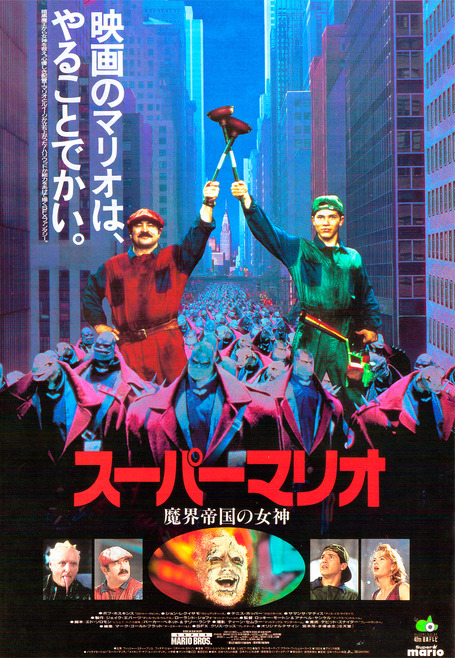

Pickering’s Triangle
Our Flying Observatory Goes to New Zealand!
Our flying observatory, called SOFIA, carries a 100-inch telescope inside a Boeing 747SP aircraft. Scientists onboard study the life cycle of stars, planets (including Pluto’s atmosphere), the area around black holes and complex molecules in space.
Heading South

Once each year our flying observatory, SOFIA, its team and instruments travel to the Southern Hemisphere to Christchurch, New Zealand. From there the team studies stars and other objects that cannot be seen while flying in the Northern Hemisphere.
What We Study

We often study star formation in our Milky Way Galaxy. But from the Southern Hemisphere we can also study the lifecycle of stars in two other galaxies called the Magellanic Clouds. The Magallenic Clouds have different materials in them, which changes how stars form in these galaxies. Scientists are studying these differences to better understand how the first stars in our universe formed.
Home Away from Home

The observatory and its team use the National Science Foundation’s U.S. Antarctic Program facility at Christchurch International Airport. The Antarctic program’s off-season is June and July, so it’s an ideal time for us to use these facilities.
Another Blast of Winter

The Southern Hemisphere’s seasons are opposite from our own. When we are operating from Christchurch in June and July, it’s winter. This means that the nights are very long – ideal for our nighttime observing flights, which last approximately 10 hours.
Light Show

These observations often bring us so far south that the team onboard can see the Southern Lights, also called the Aurora Australis. This is the Southern Hemisphere equivalent of the Northern Lights, or Aurora Borealis, visible near the North Pole. Auroras are caused by particles from space hitting the atmosphere near Earth’s magnetic poles. Our scientists onboard SOFIA don’t study the aurora, but they do enjoy the view.
Make sure to follow us on Tumblr for your regular dose of space: http://nasa.tumblr.com






The Atom: Part 5 of 5 (Part 1, Part 2, Part 3, Part 4) Episode 6: Deeper, Deeper, Deeper Still, Cosmos: A SpaceTime Odyssey

NGC 3324.
Credit: NASA, ESA and the Hubble Heritage Team (STScI/AURA)

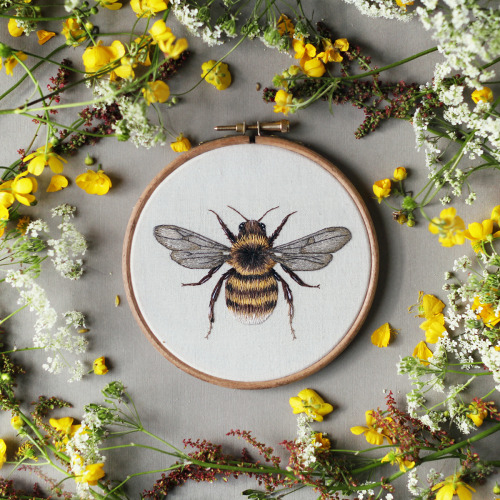
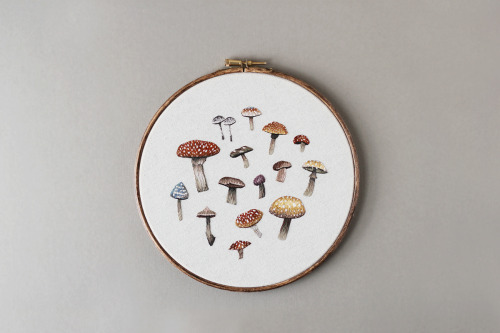
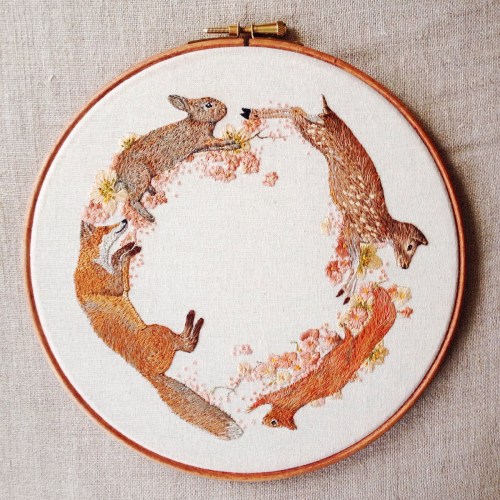

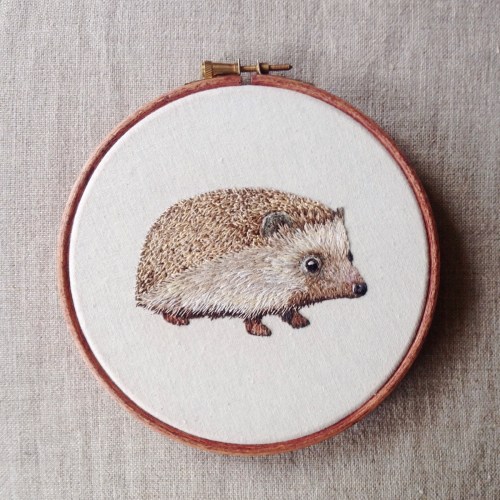
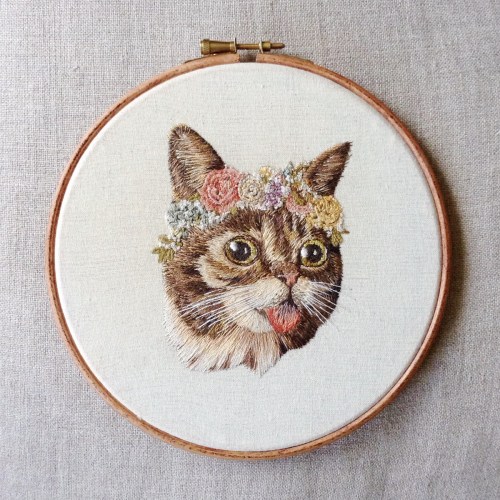
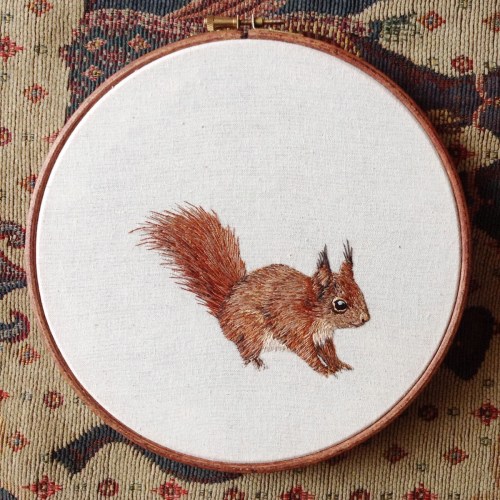
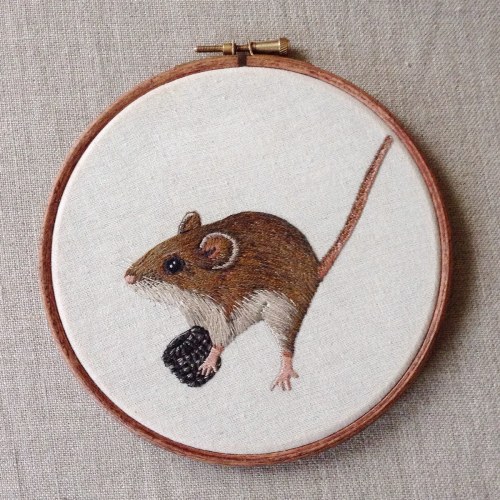
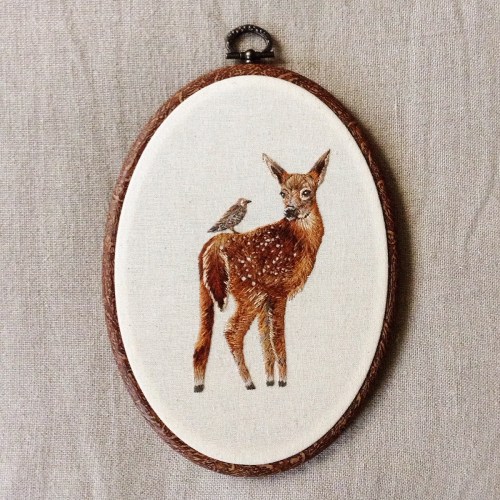
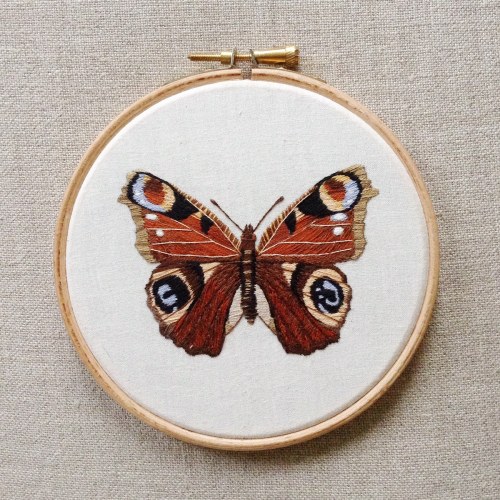
Delicate Nature and Animal Embroidery by Emillie Ferris
UK artist Emillie Ferris composes stunning embroidery illustrations of wildlife and nature into pendants and oval frames. Depicting delicate animals, such as butterflies, deers and rabbits, Ferris’ choice of wildlife subjects exist in the realms of an ethereal forest.
Her embroidery technique displays meticulous talent and detail to color, shape, as well as the texture of fur, which stands out against a clean off-white background. You can find more of her dainty designs at her Etsy shop!

-
 luahoneymoon liked this · 6 months ago
luahoneymoon liked this · 6 months ago -
 ripoffcompanyllc reblogged this · 1 year ago
ripoffcompanyllc reblogged this · 1 year ago -
 michaelcerasofficial liked this · 1 year ago
michaelcerasofficial liked this · 1 year ago -
 hollywoodumc liked this · 1 year ago
hollywoodumc liked this · 1 year ago -
 richard-lopez65 liked this · 1 year ago
richard-lopez65 liked this · 1 year ago -
 rustgalighguardvi liked this · 1 year ago
rustgalighguardvi liked this · 1 year ago -
 majesticleon liked this · 1 year ago
majesticleon liked this · 1 year ago -
 shesarmed liked this · 1 year ago
shesarmed liked this · 1 year ago -
 leasabrela liked this · 1 year ago
leasabrela liked this · 1 year ago -
 acept-arte liked this · 1 year ago
acept-arte liked this · 1 year ago
I've had lots of blogs in the past, but this one I'm actualy excited to share with people.
68 posts